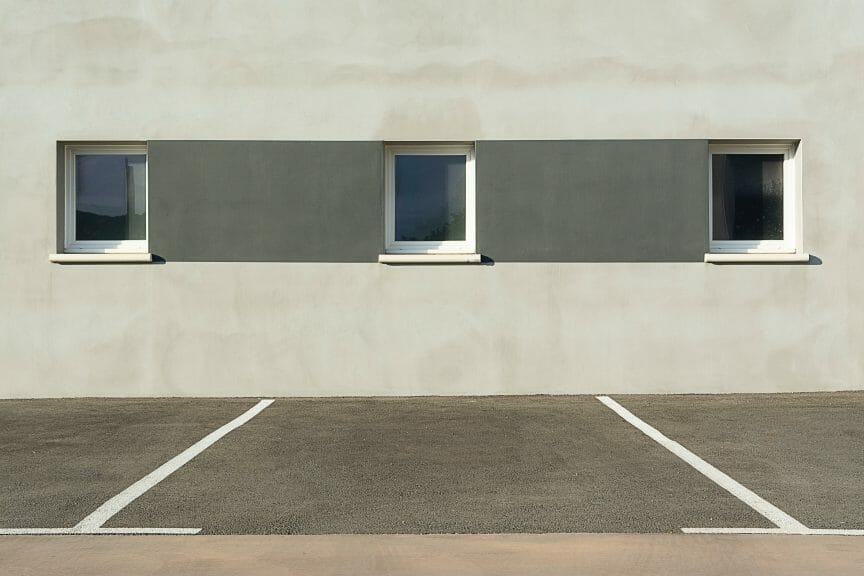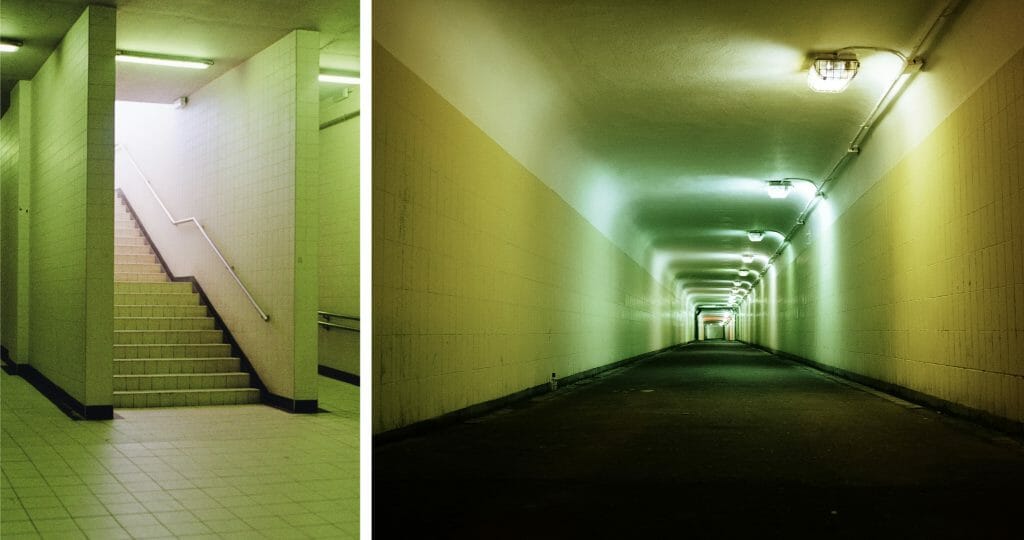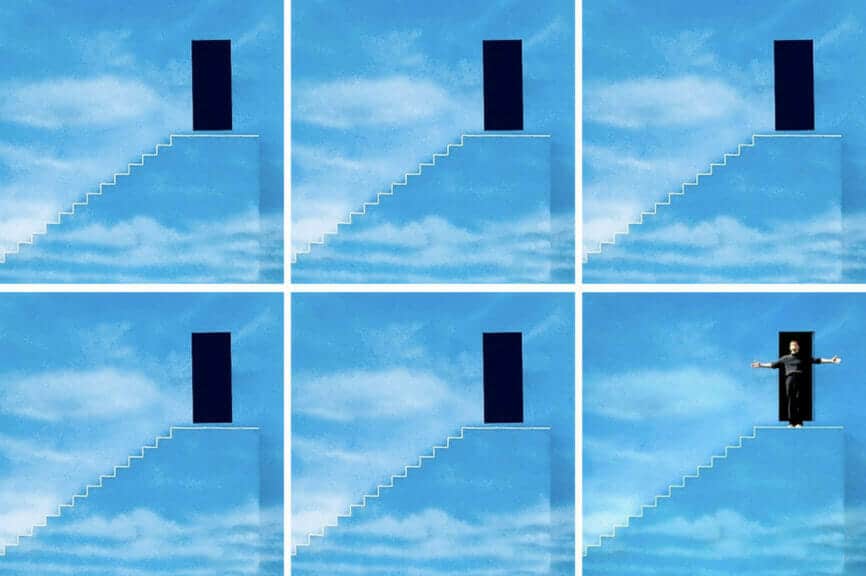The online world of “liminal spaces” is a twisting, surreal maze. If you too are incurably online, you might have encountered a photo of a liminal space before: maybe it was a deserted airport, or perhaps an eerie hotel corridor, or an empty parking lot that seemed to go on forever. It’s not in your memory, but something about it calls up a mental gallery of similar experiences. Unsettling, but oddly familiar, right?
Why do these images feel somewhat comforting but also profoundly uncomfortable at the same time? This week, I looked deep into the internet’s liminal spaces to discover why they provoke that odd emotional reaction. What at first appeared to be a trendy internet aesthetic—or a creepy “backrooms” urban legend—became something much more. This subculture taps into something surprisingly philosophical and exposes some fundamental parts of human psychology.

As the five hundred thousand members of r/LiminalSpace will tell you, a “liminal space” is difficult to define. The main description of the subreddit forum is this quote from the Cambridge Art Association:
“A liminal space is the time between the ‘what was’ and the ‘next.’ It is a place of transition, waiting, and not knowing. Liminal space is where all transformation takes place, if we learn to wait and let it form us.”
Cambridge Art Association
The word ‘liminal’ comes from the latin ‘limin‘, which translates to ‘threshold’. Something that is ‘liminal’ exists in an in-between state. Physically, this can mean a space that acts as a point of transition, such as an airport, a stairwell, a hotel, a road or a hallway. One pop culture example that often shows up in the liminal space subreddit is from the film The Truman Show. Specifically, the iconic blue stairs that lead Truman out into the real world at the end of the film. Stopping in these ‘liminal’ places–or permanently freezing them with photography–generates a feeling of wrongness because we are meant to pass through them. They are meant to lead us to the next place, wherever that may be.
The psychological place between the familiar and unfamiliar is particularly important to the liminal aesthetic. Many popular liminal space photos feature generic corners, walls and structures that many find deeply familiar. They are scenes from a kind of nondescript, universal childhood, part of the collective imagination. The unfamiliarity comes from the oddness of the photos. The familiar features are in unfamiliar configurations, they are deserted and cast in strange lighting. This explains the surreal kind of nostalgia that liminal space photos can create.

“Liminality” can describe many emotional and psychological ‘in-between’ states. Examples of ‘liminal’ life experiences might be the time between high school and university, or the process of settling a divorce, or the time unemployed in between jobs. One of the most universal experiences of liminality has been the COVID-19 lockdown, where most of the world was suspended in a removed, in-between state of isolation. These ‘liminal’ periods can create feelings of surreality, ‘lost’-ness and disconnection. However, they are also key sites for transformation and opportunities for reflection.
The Truman Show is one of the most-mentioned films on the r/LiminalSpace subreddit. The film embraces the liminal space aesthetic (especially in the artificial, suburban “Seahaven Island” set) and communicates the philosophy behind liminal spaces. In the case of the stairs in The Truman Show, Truman was already in the process of becoming a free man as he walked up the stairs–they were the site of his mental and physical transformation.
Going up the stairs–stepping through that liminal space–is a crucial and symbolic action. It represents the psychological challenge of transitions: the challenge of coming to terms with uncertainty, solitude, and constant change. For most of us, these unsettling concepts expose our true lack of control over our lives. Existing in liminal space forces you to stop and confront the feelings you might want to pass by. So, if you’re up to it, take a pause on your way out.














